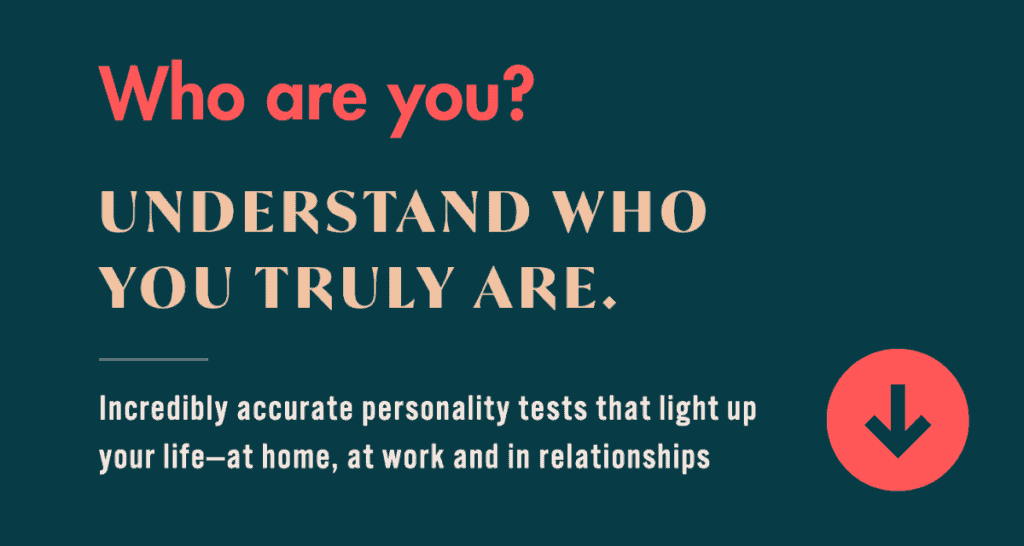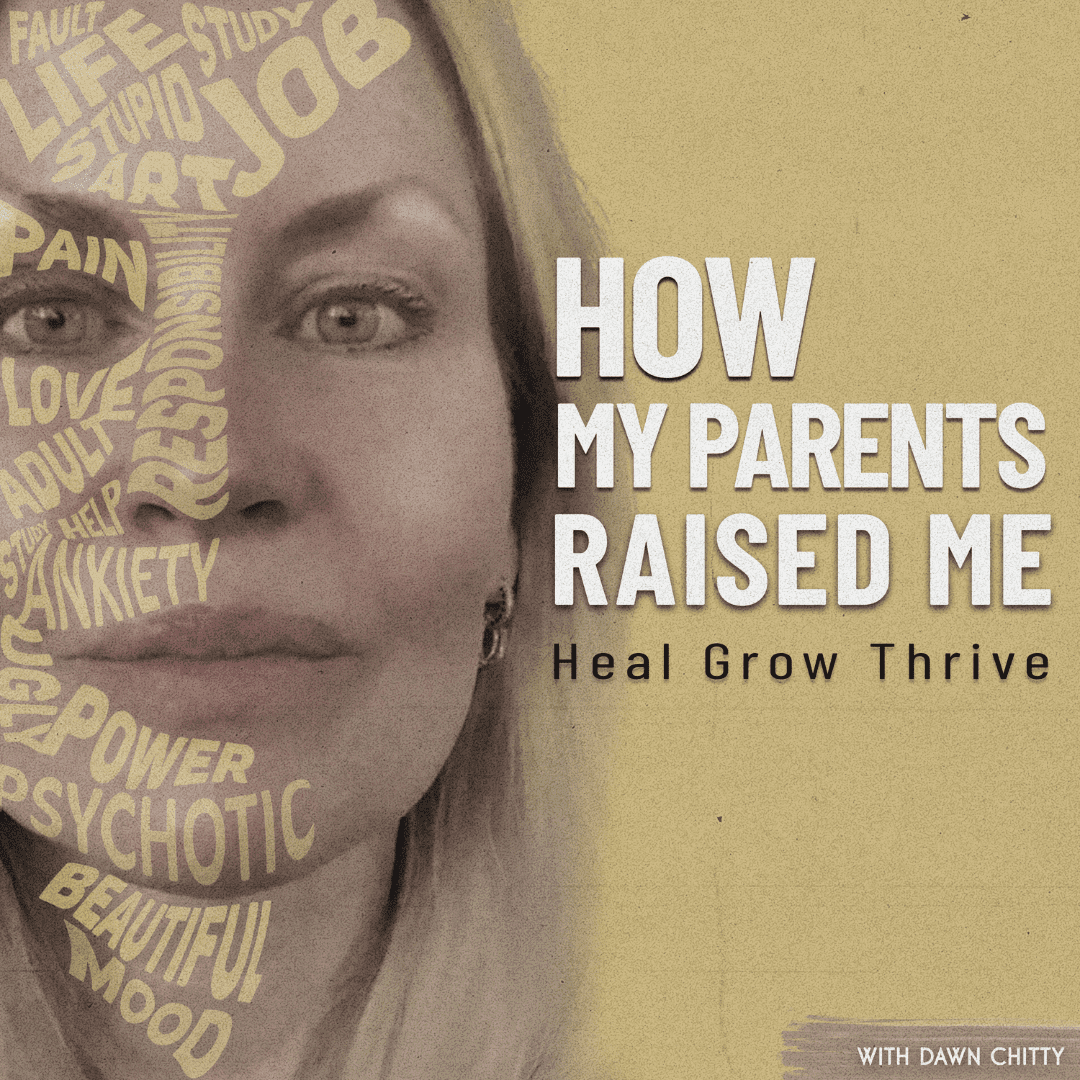Have you ever felt like a fraud despite your accomplishments? Have you questioned your abilities, fearing that others might discover you don’t deserve your success? If so, you are not alone. Welcome to the world of imposter syndrome, a phenomenon that affects countless individuals every day.
In this blog post, we will delve into the intricacies of imposter syndrome and discover effective strategies to overcome it.
Together, we will unmask the doubts that hide behind our achievements, and equip ourselves with the tools to embrace our true potential with confidence and self-assurance.
Whether you’re an aspiring entrepreneur, a seasoned professional, or a student embarking on a new chapter, imposter syndrome can cast a shadow over your accomplishments, leaving you second-guessing your capabilities. The good news is that understanding and addressing imposter syndrome can lead to profound personal growth and newfound resilience.
So, if you’re ready to break free from the chains of self-doubt and step into the fullness of your potential, let’s begin.

What is imposter syndrome?
Imposter syndrome is a psychological phenomenon where you doubt your accomplishments and have a persistent fear of being exposed as a fraud, despite evidence that you are, in fact, a completely competent human. People experiencing imposter syndrome often feel inadequate, unworthy, and believe their success is as a result of luck or deception rather than from their true ability or efforts.
This phenomenon is not limited to a particular profession, gender, or age group; it can affect anyone from students to high-achieving professionals. Even individuals with significant accomplishments may suffer from imposter syndrome, leading them to underestimate their skills and contributions.
Top Tips To Regulate Your Nervous System

How Does Imposter Syndrome Show Up?
Imposter syndrome can manifest in various ways, such as:
- Self-doubt: Do you feel uncertain about your abilities and achievements, constantly questioning if you are good enough?
- Discounting success: Do you downplay your personal achievements and attribute success to external factors or luck?
- Fear of failure: Do you Constantly worry about making mistakes or failing, and expect catastrophic consequences?
- Overachieving: Do you strive for perfection and overwork to prove yourself, leading to burnout.
- Comparing yourself to others: Do you compare yourself to others, often feeling inadequate in comparison.

How To Heal From Imposter Syndrome
It is essential to recognise imposter syndrome and address it proactively, as it can hinder personal growth, career advancement, and overall well-being. By understanding the root cause of these feelings and implementing strategies to challenge negative thought patterns, you can gain confidence, embrace your successes, and navigate life with greater self-assurance.
Healing from imposter syndrome requires patience, self-compassion, and effort to challenge negative thought patterns. Here are some effective strategies to overcome imposter syndrome and cultivate a healthier new you.
1. Acknowledge and accept
Recognize that imposter syndrome is a common phenomenon and that many successful individuals experience it. Accept that it is okay to have these feelings, but they do not define your true worth or capabilities.
2. Challenge negative thought patterns
Identify and challenge your self-doubting thoughts as they arise. Whenever you catch yourself thinking negatively about your abilities or achievements, replace those thoughts with positive affirmations and evidence of your past successes.
3. Reframe mistakes and failures
Embrace mistakes and failures as opportunities for growth and learning. Understand that setbacks are a natural part of life, and they do not diminish your value or competence.
4. Seek support
Share your feelings with trusted friends, family members, or colleagues. Discussing imposter syndrome with others can help you gain perspective and realize that you are not alone in feeling this way.
5. Set realistic goals
Avoid striving for perfection and instead set achievable, realistic goals. Celebrate your progress and acknowledge your efforts, regardless of whether you achieve your objectives fully. Every small step adds up to big change over time
6. Focus on your strengths
Recognize your unique skills and talents, and remind yourself of your past accomplishments. Celebrate your strengths and the value you bring to your work and relationships.

7. Keep a success journal
Write down your achievements, compliments, and any positive feedback you receive. Reviewing this journal can serve as a powerful reminder of your competence and worth.
8. Practice self-compassion
Treat yourself with the same kindness and understanding you would offer to a friend facing similar feelings of self-doubt. Be gentle with yourself and avoid self-criticism.
9. Seek professional help if needed
If imposter syndrome significantly impacts your well-being or hinders your daily life, consider speaking with a therapist or counselor. Professional support can offer valuable insights and guidance.
10. Celebrate progress
Acknowledge your growth and progress in overcoming imposter syndrome as it happens. Celebrate even the smallest of victories, as each step forward is a testament to your resilience and determination.
11. Practice Self Love
When you love yourself you never feel like an imposter in your own life. Loving yourself is a powerful and transformative journey that involves developing a positive and nurturing relationship with yourself. Find out more in this blog post.
Healing from imposter syndrome is an ongoing journey, and it is essential to be patient with yourself. Embrace the process of self-discovery and growth, and gradually, you will develop a more positive and authentic sense of who you are.
As you progress in healing from imposter syndrome, remember to celebrate every step forward. Each stride toward self-awareness and self-assurance is a testament to your resilience and commitment to personal growth.
Embrace this journey with an open heart, and you will emerge stronger, wiser, and more self-assured. Trust in yourself, and the world will recognize the incredible person you truly are.









